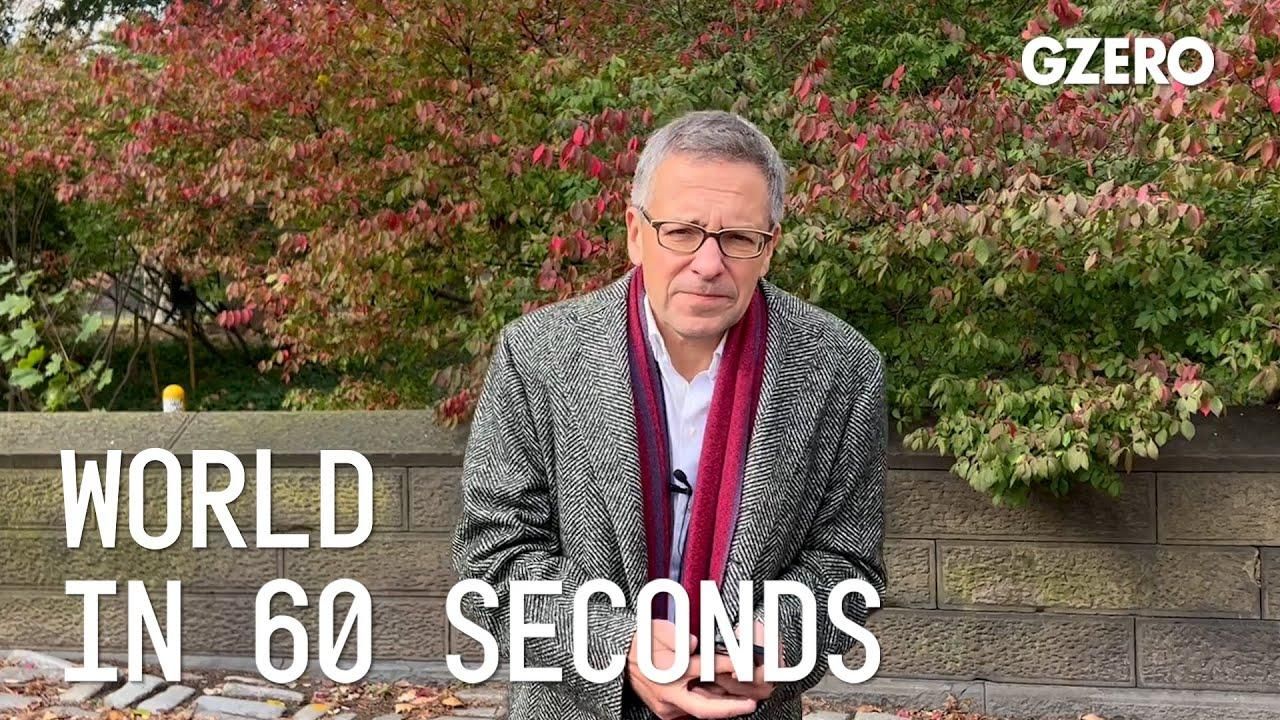
Ian Bremmer shares his insights on global politics this week on World In :60.
Was the G-20 a success?
Not really, in the sense that there was no effective communique, the ball was not moved on serious needles as a G-20. On the other hand, the G-7 that met within the G-20 was certainly a success. Following on all these Russian attacks on Ukraine, you have even ever more alignment between the United States and its allies on the global stage. That's certainly a useful thing to maintain, especially as people are saying, "Oh, it's going to crumble. Oh, they're going to peel off."
What would Russia/Ukraine peace negotiations look like with China leading?
Well, they would probably be pushing towards a resolution and settlement that would be much more of a territorial agreement between the two, somewhere in the middle of what the Russians want and have taken, and where the Ukrainians would want to get back to. No one in Ukraine is going to find that remotely acceptable. So number one, I have a hard time imagining that Ukrainians would accept a China-led negotiation. Remember, the Chinese have not actually condemned the Russian invasion so far, though they do support Ukrainian territorial integrity. I think this was French President Macron kind of deciding to throw this out there publicly all by himself, not something that the Americans are supportive of.
Is Mexico's democracy crumbling under AMLO's leadership?
No, not at all. I mean, certainly he wants to have more party control of a lot of democratic mechanisms, but he's not able to make big constitutional changes. The party doesn't have that level of control and neither does he personally, so the country's a democracy and he's still quite popular, but the next Morena president is going to be less popular than AMLO was. Then I expect you can get back to a competitive democratic landscape in Mexico in short order.
- Ukraine throws wrench into China-Russia friendship ›
- What We’re Watching: Trump’s 2024 plans, G-20 & Basquiat in Bali, AMLO vs. Mexican democracy ›
- What We’re Watching: China’s party congress, US-Mexico migrant deal ›
- What We're Watching: Ukraine won't negotiate, AMLO busted spying, North Korean missile diplomacy ›
- China to shake up Russia-Ukraine war - GZERO Media ›